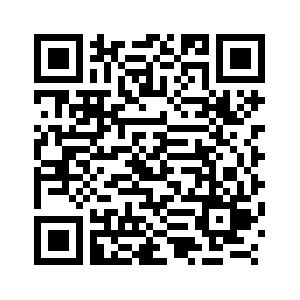BEIJING, Feb. 23 (Xinhua) -- About two hundred Chinese-made cranes at U.S. ports have recently been entangled in a Hollywood-style spy story, with their steel arms allegedly stretched out to peep at the cargo containers below.
As the surreal drama of yet another "China threat" unfolds, the White House's latest security directive singling out the Chinese-made cranes emerges as a stark testament to the age-old adage: Truth is indeed stranger than fiction.
Check out the explanation the White House gave -- "Chinese hackers" may be spying on U.S. seaports. There are concerns in the White House that the software on the cranes could be manipulated by China and so cranes at some ports were flagged as surveillance threats. This is another instance of the U.S. abuse of national power to jinx normal China-U.S. cooperation -- groundless, yet ceaseless.
When it comes to matters of so-called national security, Washington's fixation on implicating China knows no bounds. From baseless accusations of espionage to scrutinizing individuals based on nationality, the pattern of suspicion and scapegoating has been casting a long shadow over bilateral cooperation.
Such an absurd accusation involving the Chinese-made cranes is by no means an isolated case. Just three weeks ago, a U.S. senator Tom Cotton grilled the CEO of TikTok Shou Zi Chew about his nationality, suggesting he has links with China, when he is in fact a Singaporean.
Even more absurd, a Florida senator Rick Scott claimed two months ago that garlic imported from China poses a threat to U.S. national security. He jumped to the conclusion based on the accusation that Chinese garlic is grown using human feces and sewage as fertilizers.
Despite its clamor about others causing a threat to U.S. cyber security, Washington appears more like a robber masquerading as a cop. For example, in 2022, the United States launched a cyberattack against China's Northwestern Polytechnical University. An investigation showed that the United States used 41 specialized cyber weapons over 1,000 times against the university and stole core technical data.
Initially, it involved prohibiting the sale of advanced computer chips. Then, it disrupted industrial supply chains, including those related to electric vehicle production. Now, Washington has expanded its scope by targeting seemingly unrelated items: garlic and cranes. Wherever China sees fast growth, the United States seeks to suppress it.
Instead of giving in to the temptation of conspiracy theories and fear-mongering, it is time for Washington to break free from the shackles of paranoia, and to embrace a future that is built on openness rather fear towards China's development. ■



